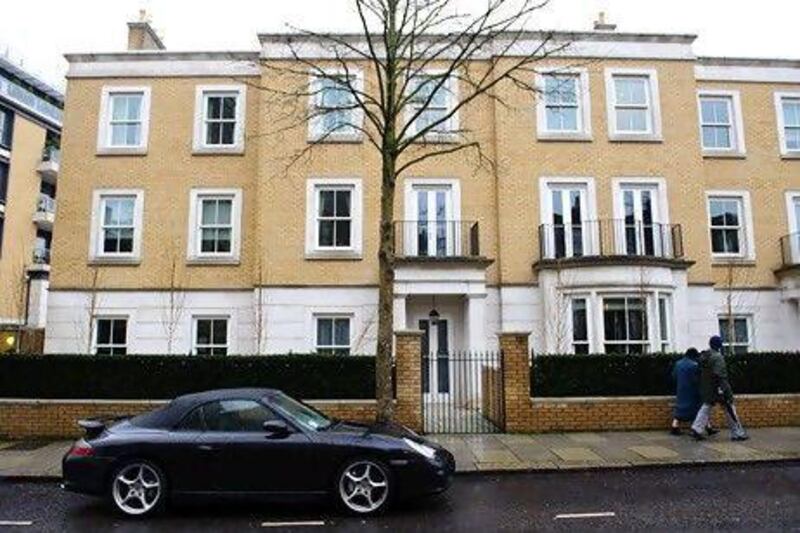London has seen the largest drop in property asking prices this decade, with the biggest falls seen in five out of six of the capital’s most expensive boroughs.
A report by property website, Rightmove, found that asking prices had fallen by 2.9 per cent between August and September 2017, at a time when the price of a property coming to market usually experiences a bounce after a summer slump.
Kensington and Chelsea, the capital’s most expensive borough and a top choice for property investors from the Middle East, saw the average house price drop by £300,000 (Dh1.49million).
_______________
Read more:
[ Minister proposes tax on foreign buyers of UK property ]
[ UAE remains most favoured real estate investment destination ]
_______________
The decrease in the high end of the property market was contrasted by a rise in asking prices in the city’s more affordable boroughs such as Southwark and Hackney, which saw an increase of 9.4 per cent and 5.2 per cent respectively.
However, the overall fall in prices in London, as well as decreases in the South of England, has such a weight on the rest of the United Kingdom that it has pushed the national average of asking prices down by 1.2 per cent.
Mike Shipside, Rightmove director, explained that the drop in asking prices was unusual for this time of year.
“As we enter the autumn selling season we usually see estate agents advising new-to-the-market sellers to push up their asking prices. While this is still the case in half of London’s boroughs, the other half have seen the price of newly-marketed property fall,” he said.
Mr Shipside added that the slump in house prices at the top end of the market exaggerates the overall London price fall because of the predominance of more expensive properties.
Roger Collings, branch manager at the estate agent RE/MAX specialising in central London properties, explained Brexit uncertainty as well as changes to property tax system meant investors were less willing to enter into the market.
“Since the introduction of the 3% surcharge on stamp duty paid by investors, along with the uncertainty as to how Brexit will impact London’s property market, investors have been standing on the sidelines,” he said.
“We are beginning to see more and more investors venturing back into the market, but we are still a long way from the volumes we saw pre-referendum. There are markets outside of Central London that are still buoyant with local buyers.”






